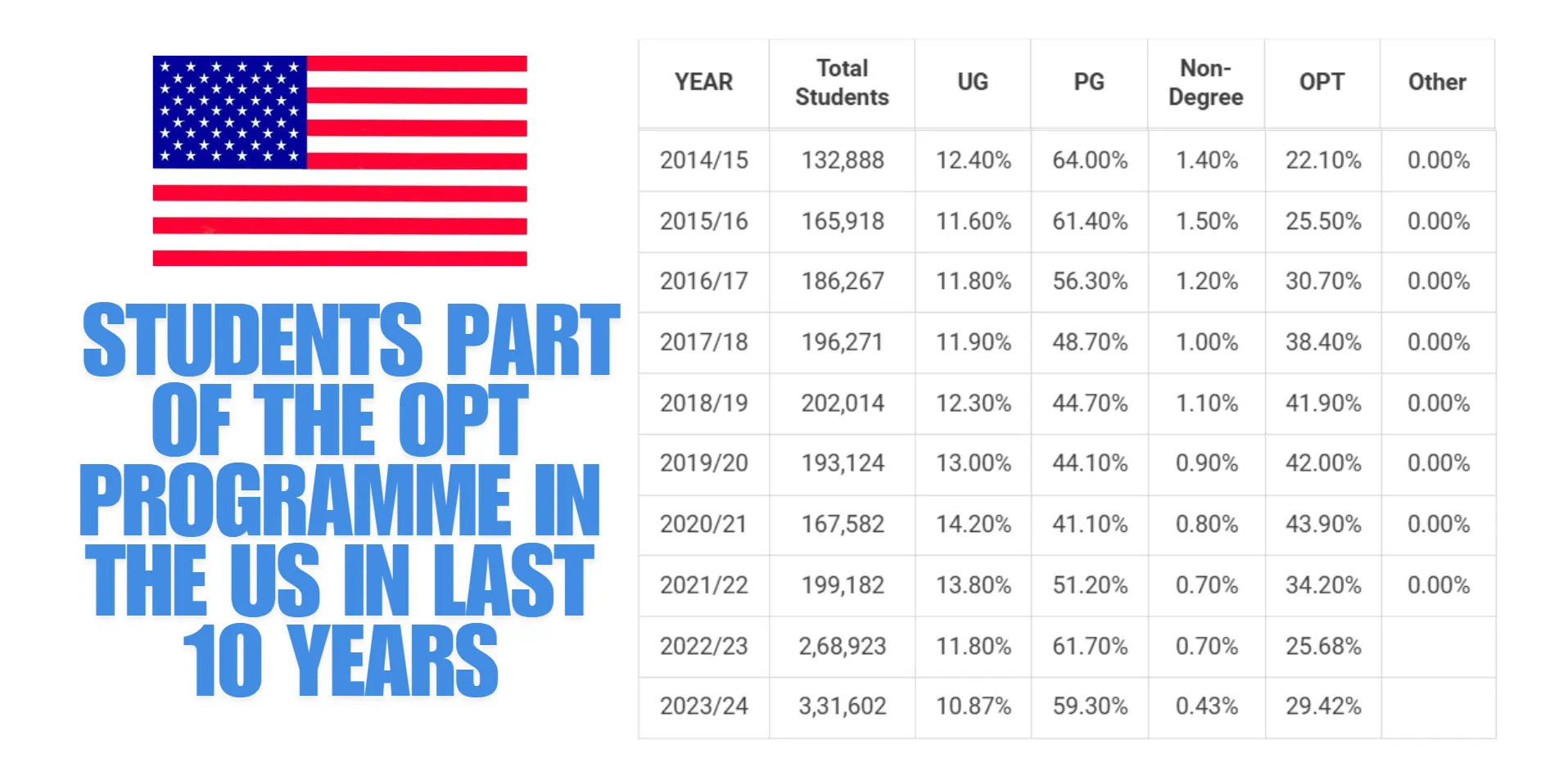Tougher Times for Indian Students in the US: How Trump-Era Policies Are Taking a Toll
Trump’s immigration rules may be old, but their impacts are fresh. Indian students in 2025 are facing rejections, delays, and deportation threats in the U.S.

NEW YORK CITY, July 7, 2025
Introduction: From Dream to Distress
For decades, the United States has been the most aspirational destination for Indian students. Degrees from Ivy League institutions and top STEM programs have paved the way to tech jobs, research fellowships, and green cards. But the tide has shifted. From restrictive visa policies to targeted crackdowns on Optional Practical Training (OPT), the Trump-era immigration overhaul has created a chilling aftershock in 2025.
Despite a change in leadership, the administrative bottlenecks, inconsistent consulate practices, and policy inertia continue to frustrate Indian students, educators, and employers alike.
The F-1 Visa Trap: High Rejections, Higher Anxiety
The F-1 student visa, once seen as a guaranteed ticket to American education, has become a landmine for Indian applicants.
According to India Today, F-1 rejections for Indian applicants touched 41% in 2024, a 10-year high. This trend is alarming, considering the U.S. hosts over 300,000 Indian students.
“We’re not sure what to expect anymore. Fully funded students are getting rejected with no clear explanation,” says Dr. Monica Singh, a Hyderabad-based education consultant.
Top reasons for rejection include:
- Section 214(b): Consular officers believe applicants may not return after studies.
- Lack of financial ties or documentation inconsistencies.
- Rising suspicion around “immigration intent” even for genuine students.
Case Study:
Pratiksha Rao, a scholarship holder from Pune, accepted into Columbia University, was rejected twice. Her third attempt finally succeeded, but only after legal help costing ₹2.5 lakh (~$3,000).
OPT & STEM OPT: A Legal Minefield
OPT (Optional Practical Training) allows international students to work in the U.S. for 12 months post-degree; STEM grads receive an additional 24-month extension. But in 2025, this safety net is under fire.
A recent U.S. congressional bill—backed by conservative policymakers—seeks to terminate OPT and limit work eligibility for foreign students (Business Standard).
Impact if passed:
- 300,000+ Indian students could lose legal right to work.
- STEM fields like Computer Science, AI, and Engineering would lose skilled labor.
- Employers would hesitate to hire international grads due to complex sponsorship.
"The threat to OPT is existential for Indian students. It’s the difference between a degree and a career," says Anu Mitra, Policy Researcher at the Migration Policy Institute.
Did You Know?
Google, Amazon, and Microsoft collectively employ over 10,000 OPT/STEM OPT students annually, many of whom are Indian graduates.

SEVIS Terminations: The Hidden Horror
SEVIS (Student and Exchange Visitor Information System) monitors international students’ legal status. But in 2023–24, ICE revoked or terminated thousands of SEVIS records, citing minor infractions or “unauthorized employment.”
- Over 69,000 Indian students are estimated to be affected.
- Deportation notices were served after status lapses due to slow USCIS processing or miscommunication.
- Some students were arrested and detained in ICE custody.
Example:
A viral Reddit thread detailed how an NYU master's student was detained at JFK Airport due to a SEVIS update delay.
"It took 7 months for USCIS to approve my OPT. During that time, I technically had no valid work permit. And that’s why they flagged me," the anonymous poster shared.
Universities Are Feeling the Heat Too
Indian students contribute $10+ billion annually to the U.S. economy, according to the Open Doors Report. The fallout from visa restrictions and OPT uncertainty is now hitting universities hard.
- Enrollment from India dropped 28% between March 2024 and March 2025.
- Career services are struggling to place international grads with compliant employers.
- Campuses are witnessing rising dropout rates, transfer requests, and mental health cases.
“It’s an economic loss and a cultural loss. We’re pushing away global talent,” warns Dr. Goldstein, Director of International Programs at the University of Maryland.

The Global Shift: Canada, Germany, Australia Rise
As the U.S. loses its shine, Indian students are turning toward more immigration-friendly nations:
| Country | Post-Study Work Rights | PR Pathways | Growth Rate |
|---|---|---|---|
| Canada | Up to 3 years (PGWP) | Yes | +44% YoY |
| Germany | 18 months + PR route | Yes | +67% YoY |
| Australia | 2–4 years | Yes | +39% YoY |
Germany’s appeal lies in free tuition and robust engineering programs. Canada offers quick PR routes under the Express Entry system.
“I got my German visa in 3 weeks. In the U.S., I was rejected twice,” says Neel Pandya, now pursuing a Data Science master's in Munich.
Policy Reversal or Political Deadlock?
While President Biden rolled back many overt Trump orders, several administrative rules remain intact. OPT reforms are stalled in Congress, and the legal system is clogged with litigation.
- In July 2025, a Boston court is reviewing the legality of deporting student activists under SEVIS violations (Reuters).
- Advocacy groups like AAU and AILA are demanding restoration of full OPT benefits and F-1 transparency.
- Lawmakers remain divided: while Democrats want expansion, Republicans demand tighter scrutiny and surveillance.
Employers Pull Back: The Corporate Fallout
Many U.S. employers are scaling back hiring international students due to:
- Increased paperwork for H-1B sponsorship.
- Risk of audits for unauthorized employment.
- Delays in EAD (Employment Authorization Document) processing.
According to a 2025 AAU Employer Survey, 61% of employers said they avoid hiring OPT candidates because of “policy ambiguity.”
“We love Indian talent. But the legal risk is too high now,” said an HR Director at a mid-sized AI startup in Boston.
Student Voices: Between Panic and Protest
Across social media, Indian students in the U.S. are organizing digitally:
- Instagram pages like @IndianStudents4Reform highlight unfair F-1 denials.
- Twitter hashtags #SaveOPT and #StudentsNotCriminals trend weekly.
- Change.org petitions have garnered over 250,000+ signatures.
Some students are taking it to the streets too—organizing protests outside USCIS offices in New Jersey, Texas, and California.

What Happens Next?
If OPT is abolished:
- 70% of Indian students may stop considering U.S. education.
- U.S. universities will lose billions in tuition revenue.
- Tech companies will suffer a shortage of qualified STEM workers.
Policy Watch:
- Two new bills—the America COMPETES Act and the Secure Future Students Act—seek to make student work pathways permanent.
- Indian and U.S. diplomatic discussions are ongoing to ensure mobility is not disrupted.
“The world’s brightest minds shouldn’t be punished for choosing America,” says Sundar Pichai, CEO of Google, in a 2025 education summit.
Final Analysis: The American Dream at Risk
Indian students have always been the backbone of international education in the U.S., leading in enrollments, STEM research, and entrepreneurial ventures. But 2025 has forced a reckoning. With systemic delays, policy uncertainty, and harsh enforcement, the American dream is crumbling for thousands.
Unless policymakers, institutions, and employers act now, the U.S. risks losing its biggest competitive advantage: global talent.
Discussion Questions:
- Should the U.S. streamline student visa and OPT processing to retain international talent?
- What are ethical solutions to balance immigration control and education mobility?




